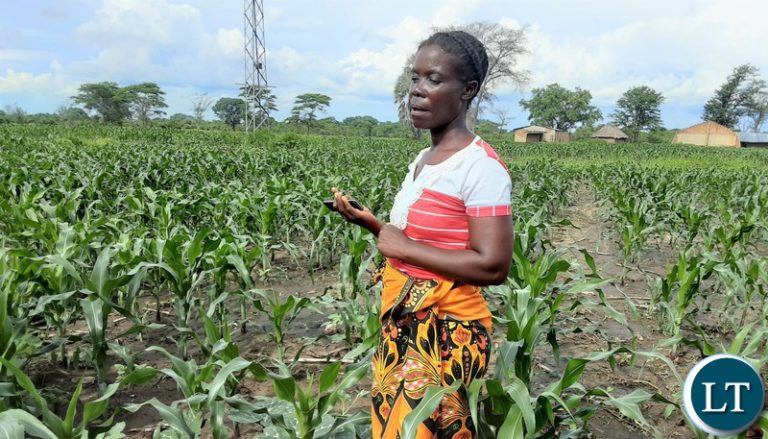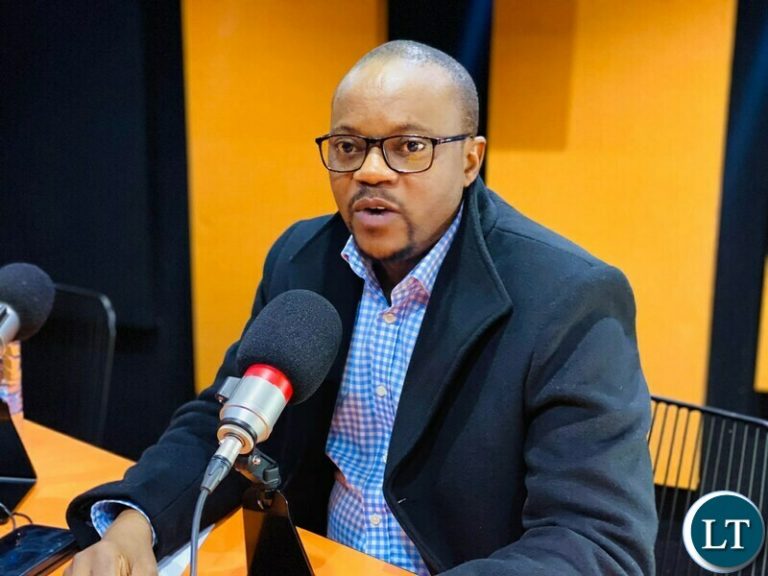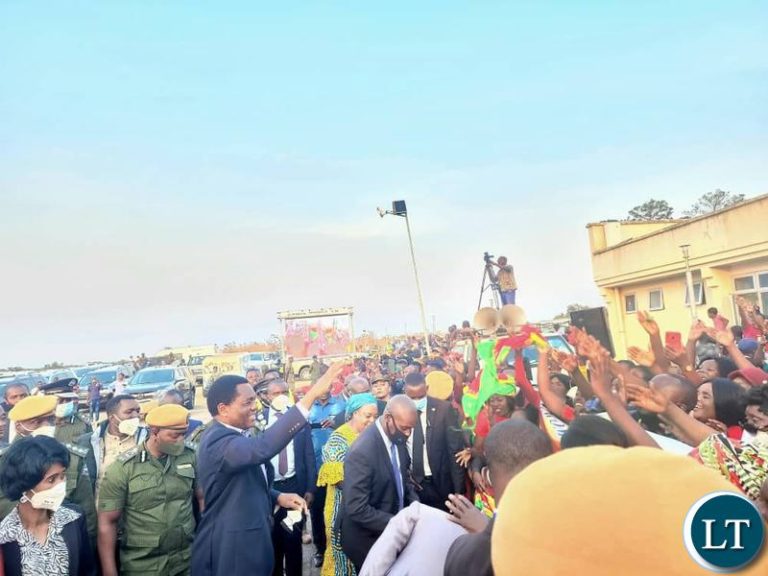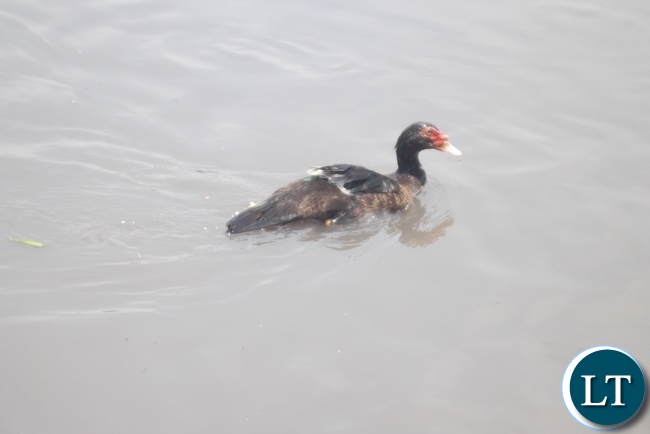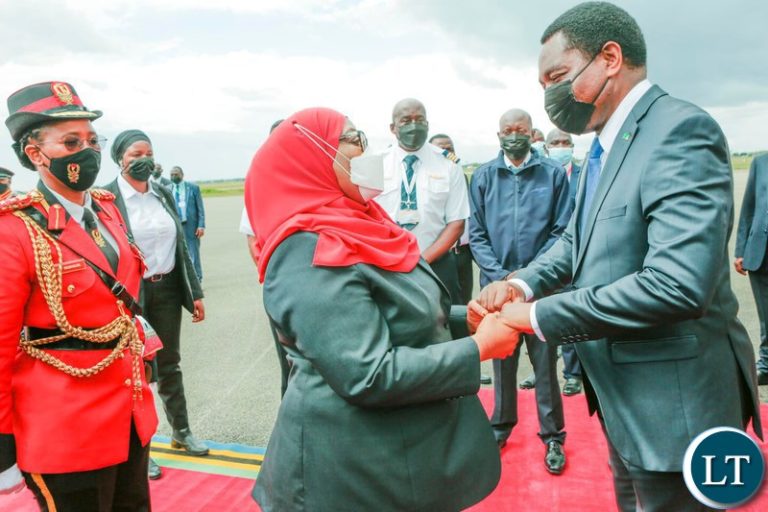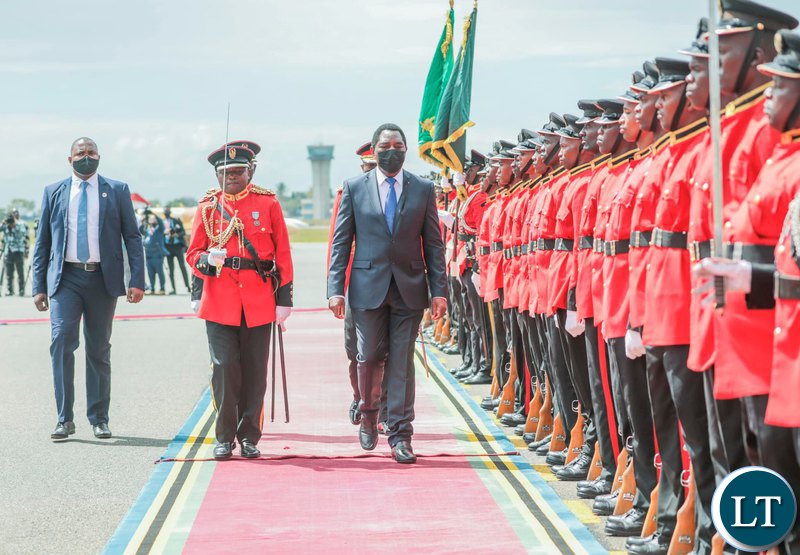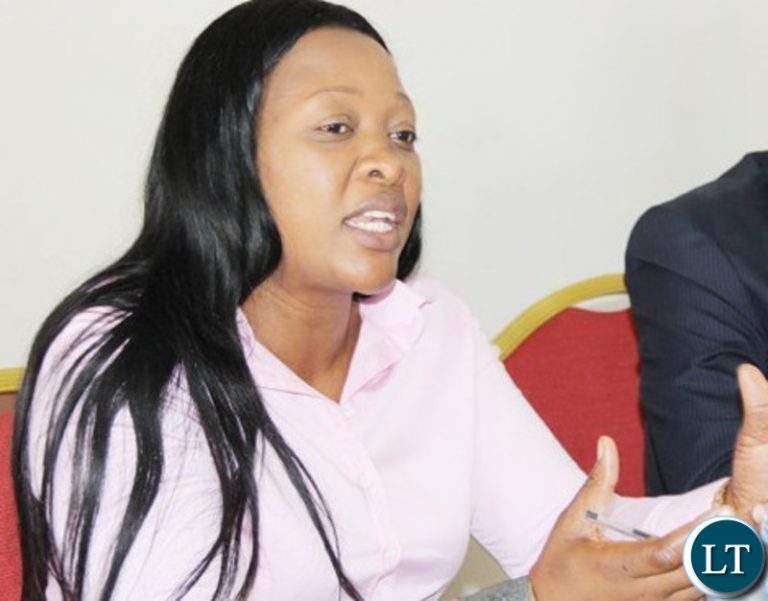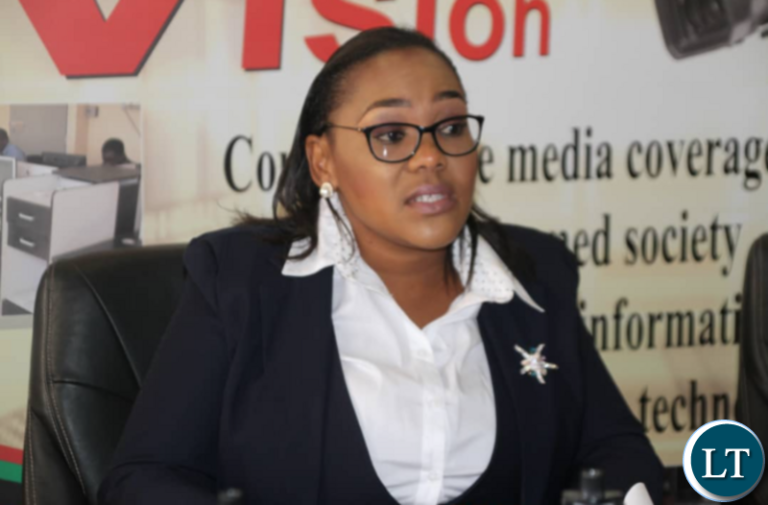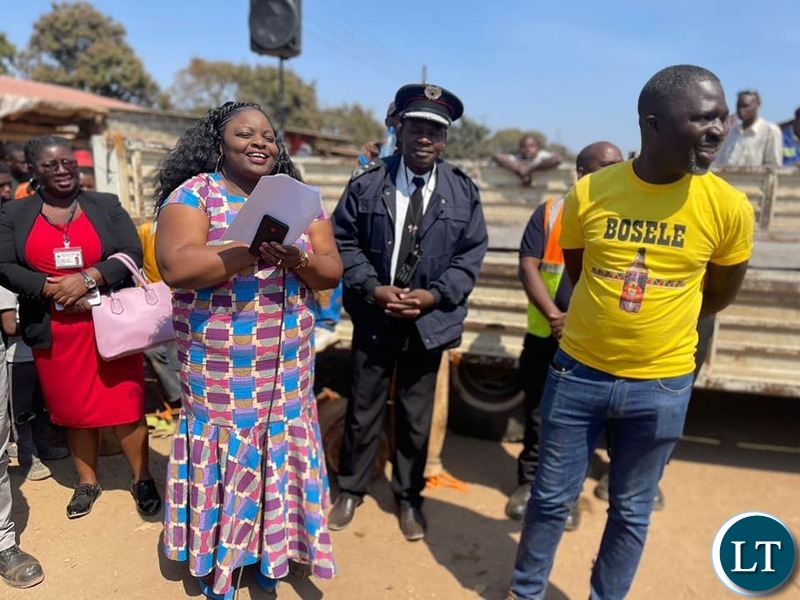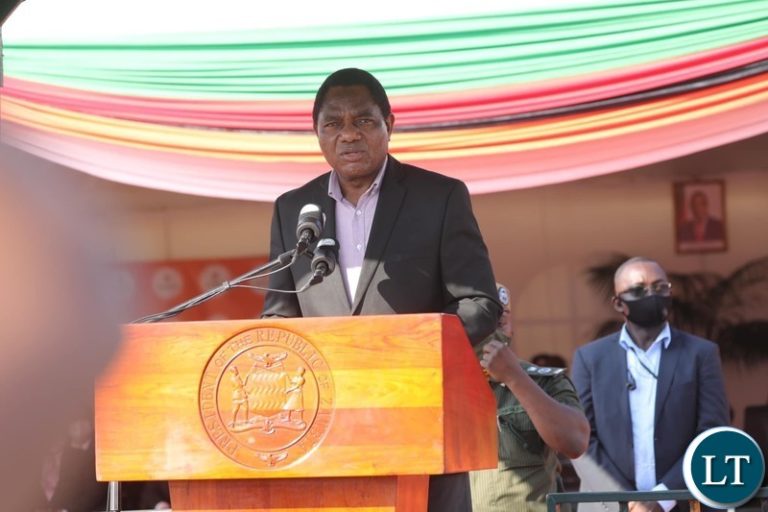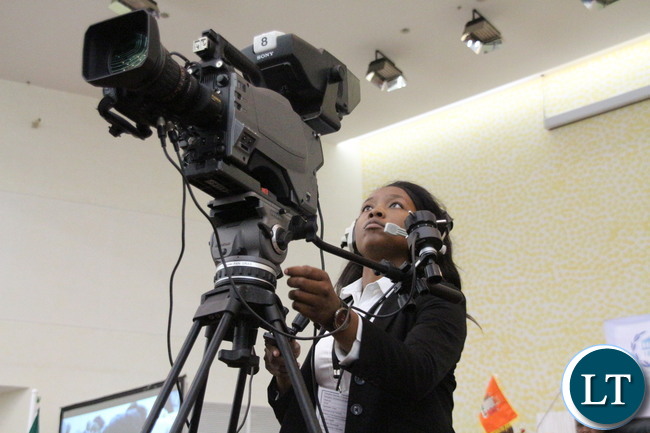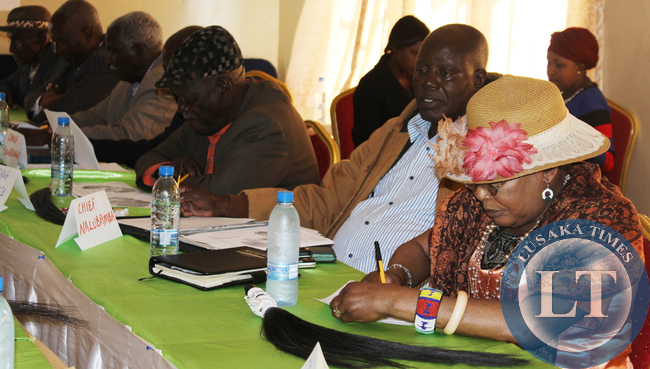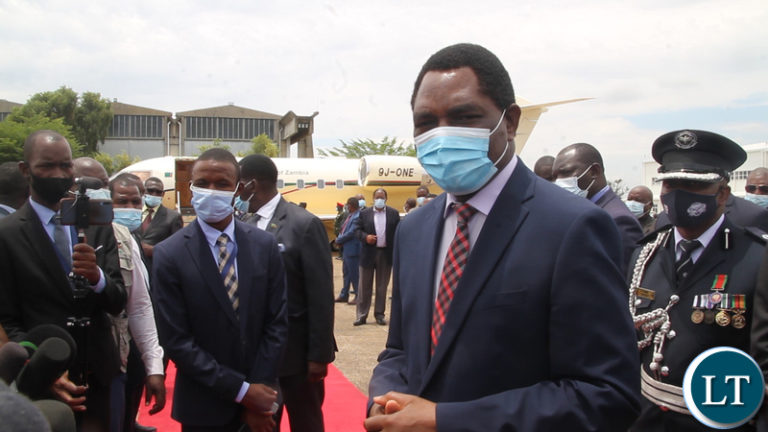Northern Province Deputy Permanent Secretary, Lewis Mwape says agriculture development is paramount in the quest to end hunger in the country.
Speaking during the official launch of the Zambian Relief Organization (ZRO) in Kasama District, Mr Mwape said the new dawn administration is keen on working with stakeholders whose aim is to supplement government efforts to address various challenges.
Mr Mwape said poverty levels in the province remain high which calls for concerted efforts from all stakeholders to be reduced.
He said government will continue supporting initiatives that take a multi-sectoral approach in addressing poverty at various levels in society.
Mr Mwape commended ZRO for its decision to have its national office in Kasama.
“As government we are glad that the Zambian Relief organization has taken a different dimension by working within the rural areas to provide relief services,” he said.
And Zambian Relief Organization Board Chairperson Emmanuel Chungu says his organization will implement programmes that will address climate change.
He further disclosed that Zambian Relief Organization (ZRO) will focus on running programmes that are sustainable and not harmful to the environment.
He explained that one of the objectives of ZRO is to intervene and prepare the mindset of the Zambians to be ready for any calamities that may occur as a result of climate change.
‘In Northern Province many households are vulnerable but viable small scale farmers who can easily rise above the vulnerability if given the necessary support,’ he said.
Meanwhile Zambia Relief Organization Executive Director Kennedy Shimwitwa has commended government for creating an enabling environment for citizens to contribute to economic growth.
He says the positive steps taken by government will ensure high productivity across all sectors of the economy.
‘Let me take this opportunity to commend government for coming up with ambitious economic policies which allows every citizen to participate in economic growth,’ he added.


